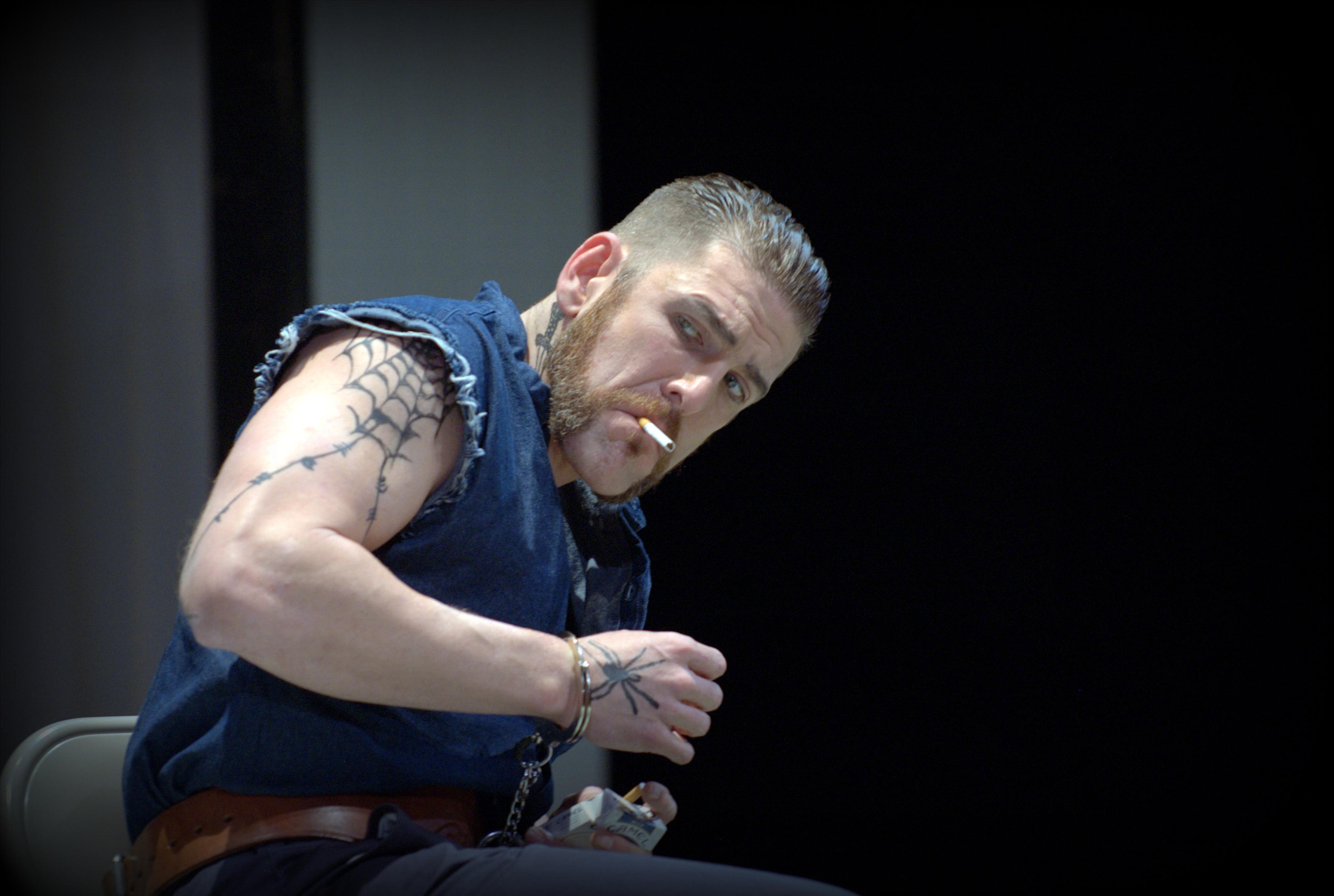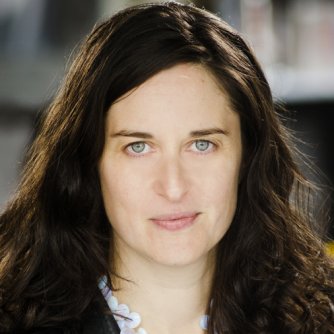
The Death Penalty/"Dead Man Walking" Symposium will take place on Thursday, March 13, 3:30-5:30 p.m. at the Greek Orthodox Metropolis Cathedral in Denver. The master class with Jake Heggie will take place on Friday, March 14, 4:30-6:00 p.m. at the Colorado Springs Conservatory, Colorado Springs. Both events are free and open to the public. For more information about the "Prisons, Compassion and Redemption Project" visit www.CentralCityOpera.org/project.









